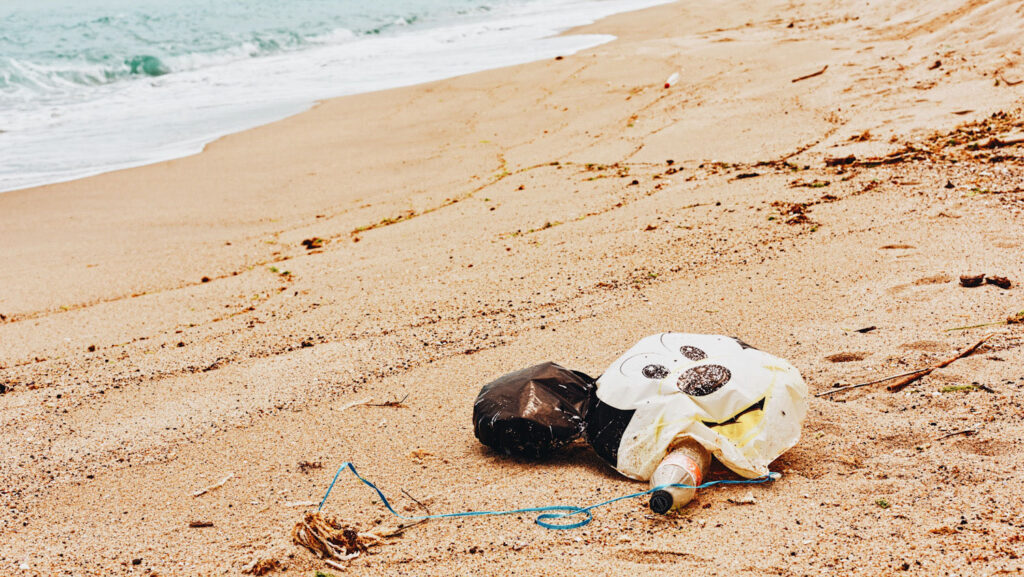In the winter of 2014-2015, an injured, sick sea turtle, later named Bob, was taken to Two Oceans Aquarium in Cape Town, South Africa. After weeks of treatment and rehabilitation, Bob pooped out a large pile of plastic, including pieces of balloon, still attached to the string. Thanks to quick veterinary intervention, Bob made a recovery from his balloon buffet. But many other animals aren’t so lucky. According to a 2019 study, seabirds are 32 times more likely to die from eating a balloon than eating other hard plastics. But some states are taking a stand. Virginia just passed a new law against balloon releases.
Due to its location on the Atlantic coast, Virginia is home to an abundance of marine wildlife; nine species of seabird breed in the state, as well as five species of threatened or endangered turtles. In a 2019 study, researchers from the Virginia Aquarium & Marine Science Center and Longwood University found that bottle caps and balloons were the most frequently found pieces of plastic debris on four of Virginia’s beaches.
Laura McKay from Virginia’s Coastal Zone Management Program said at the time: “On these relatively inaccessible beaches, over 15,000 debris items were found in the four small survey areas that ranged from .2 to .4 acres.” Of those items, more than 80 percent were made from plastic.
According to the World Wildlife Fund, balloons are especially dangerous to marine life, because the animals often “actively select them as food.” This is because when floating in the ocean, a burst balloon with a string attached can look like a jellyfish or a piece of seagrass.
Restricting Balloon Releases
In an attempt to protect its wildlife from further unnecessary plastic pollution, Virginia’s new law, sponsored by Virginia Delegate Nancy Guy, will outlaw all balloon releases in the state. Any adult found doing so will be fined $25 per balloon. If a child releases a balloon after being instructed to do so by an adult, the adult will receive the fine.
It’s not Virginia’s first step to restrict balloon pollution. An existing law bans the intentional release of 50 or more balloons per hour. California, Florida, Tennessee, and Connecticut have also legally restricted balloon releases to protect wildlife, and Southampton, New York has prohibited helium balloon releases.
Virginia has stepped up its animal protection laws recently. In March, it passed a bill against cosmetic animal testing. And in April 2020, it banned tiger cub petting encounters.


